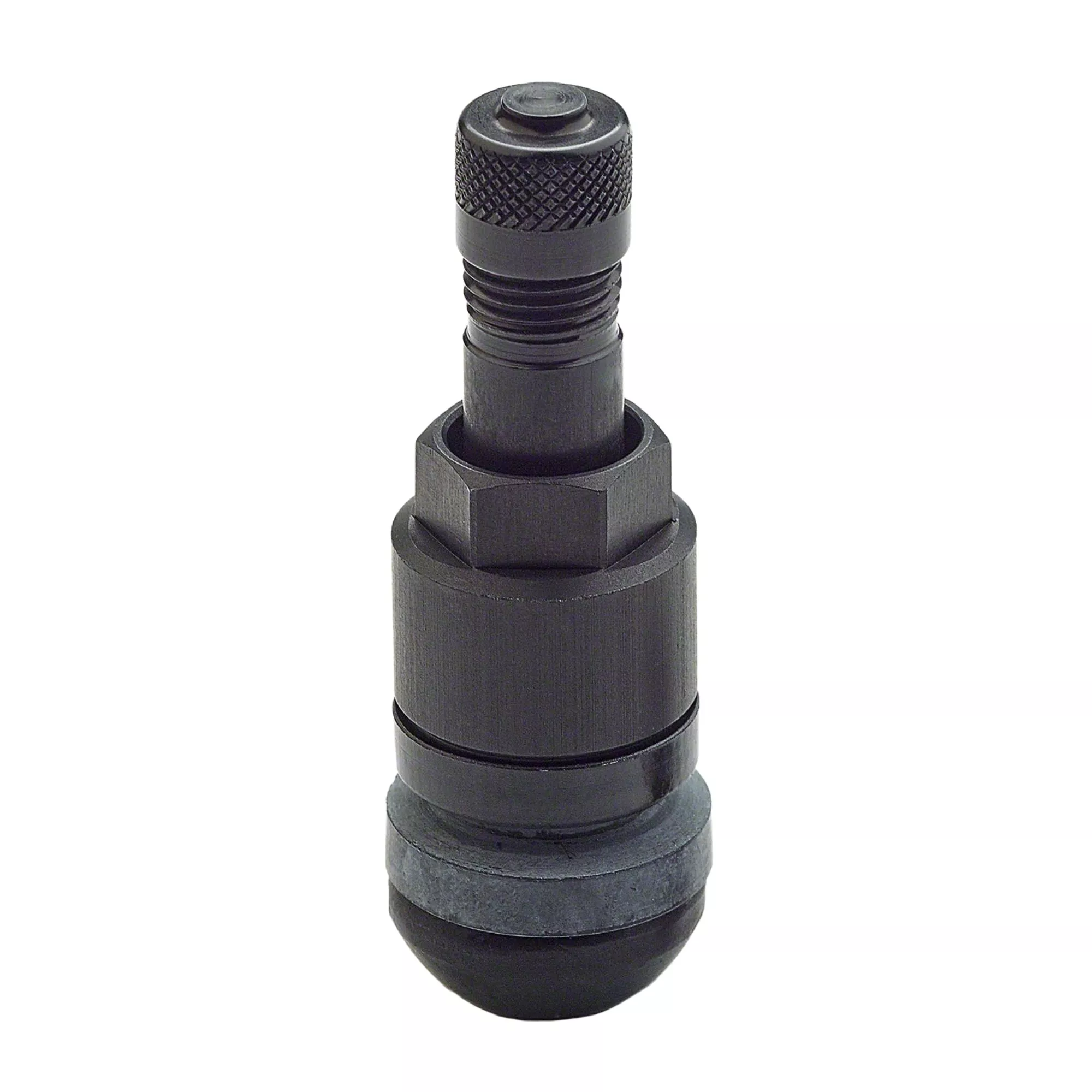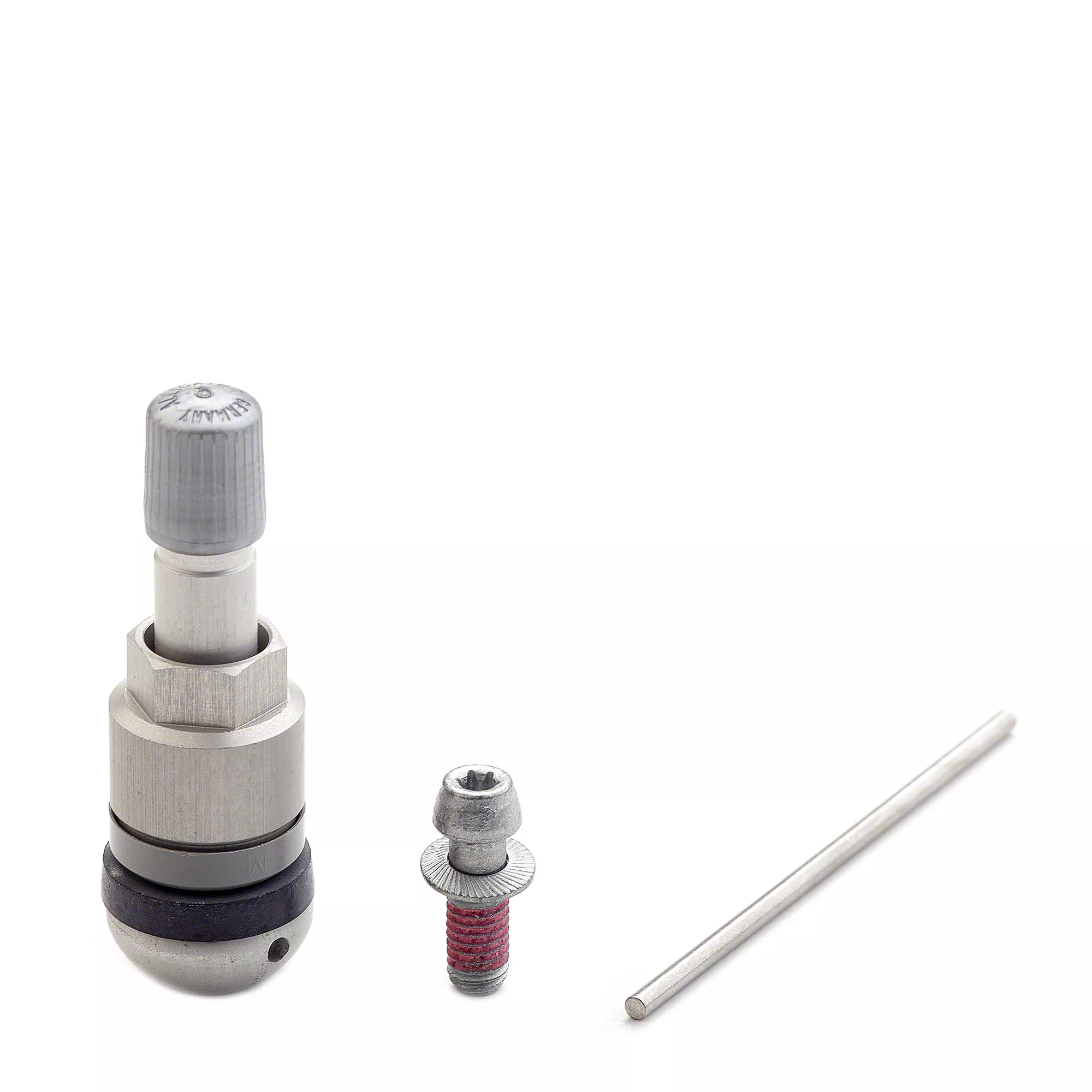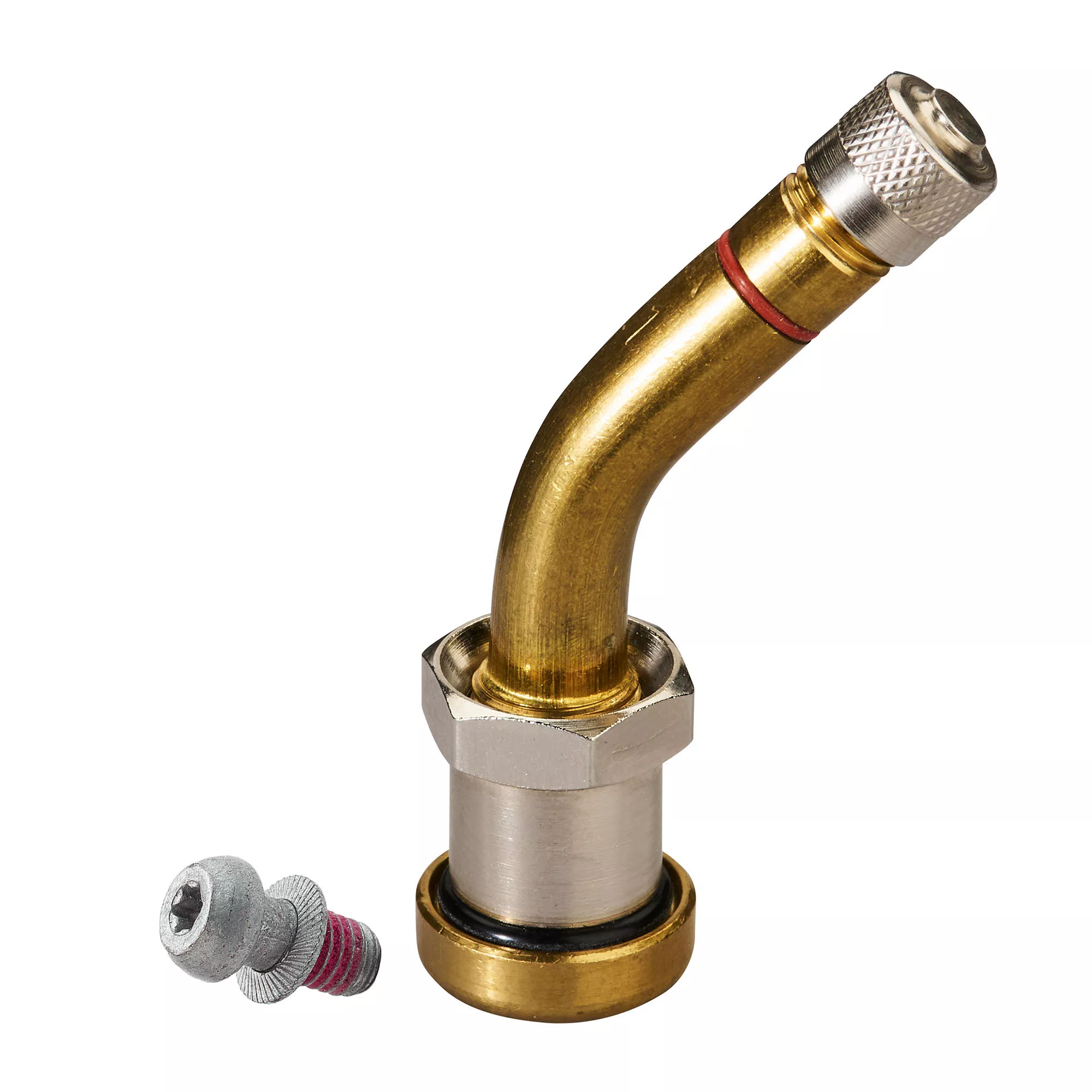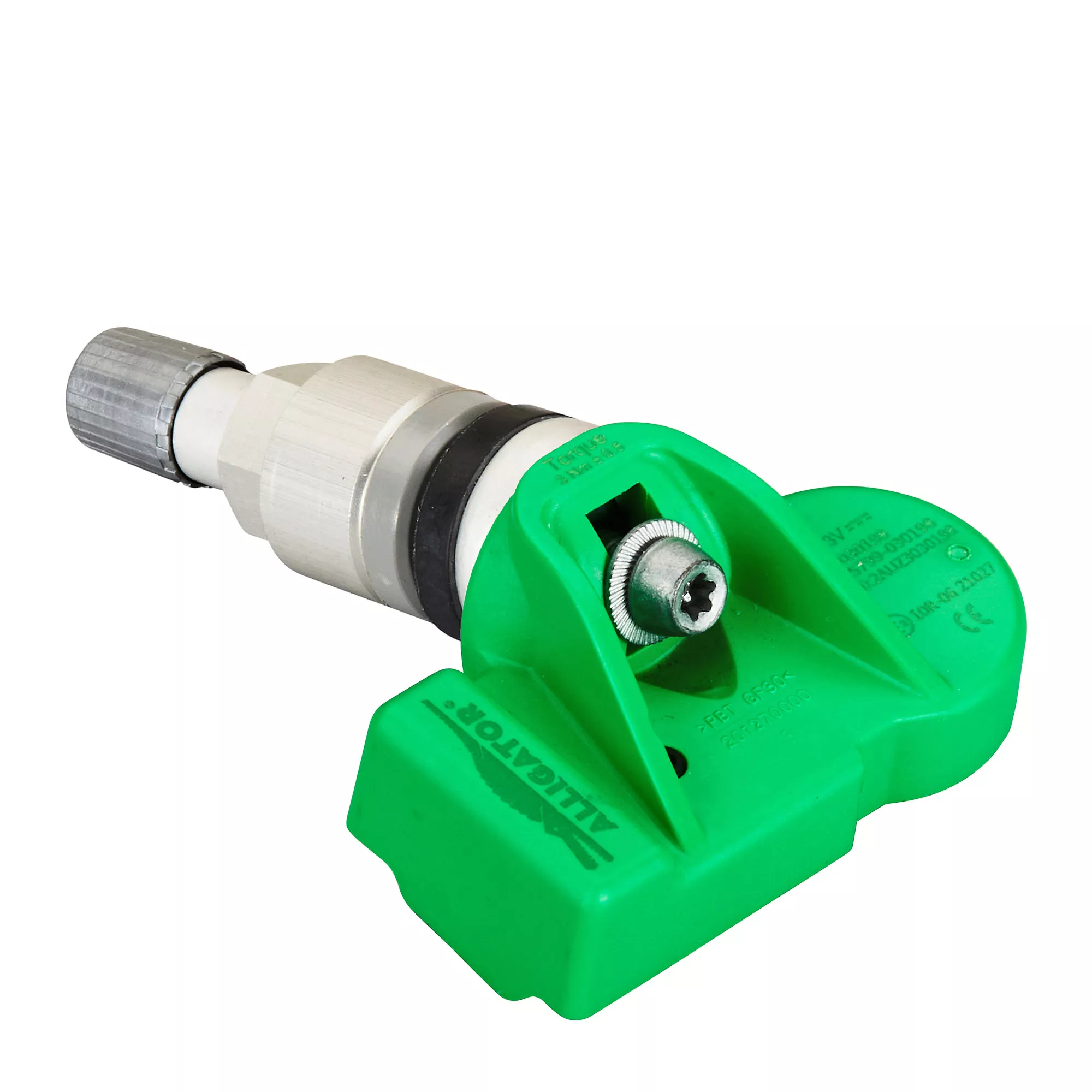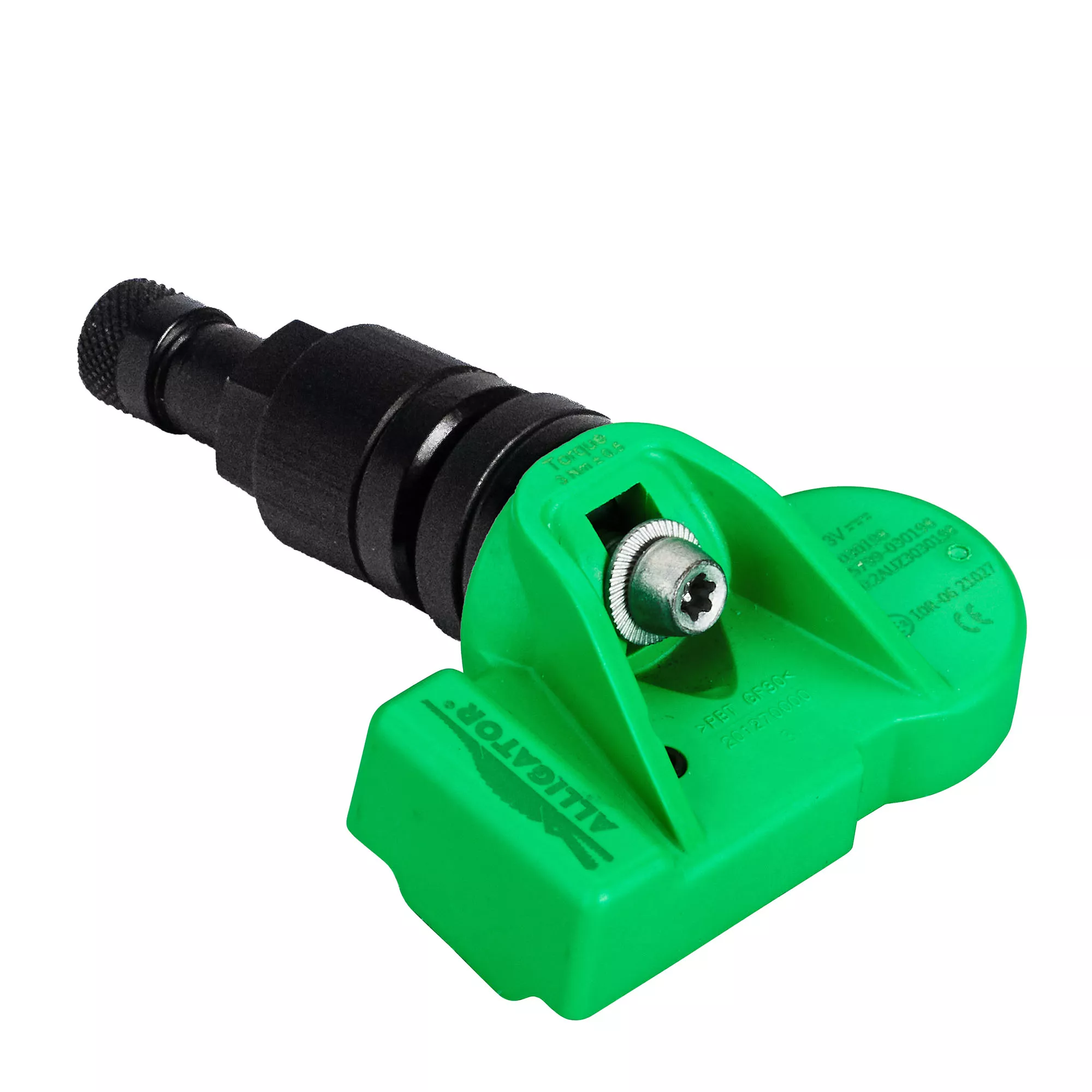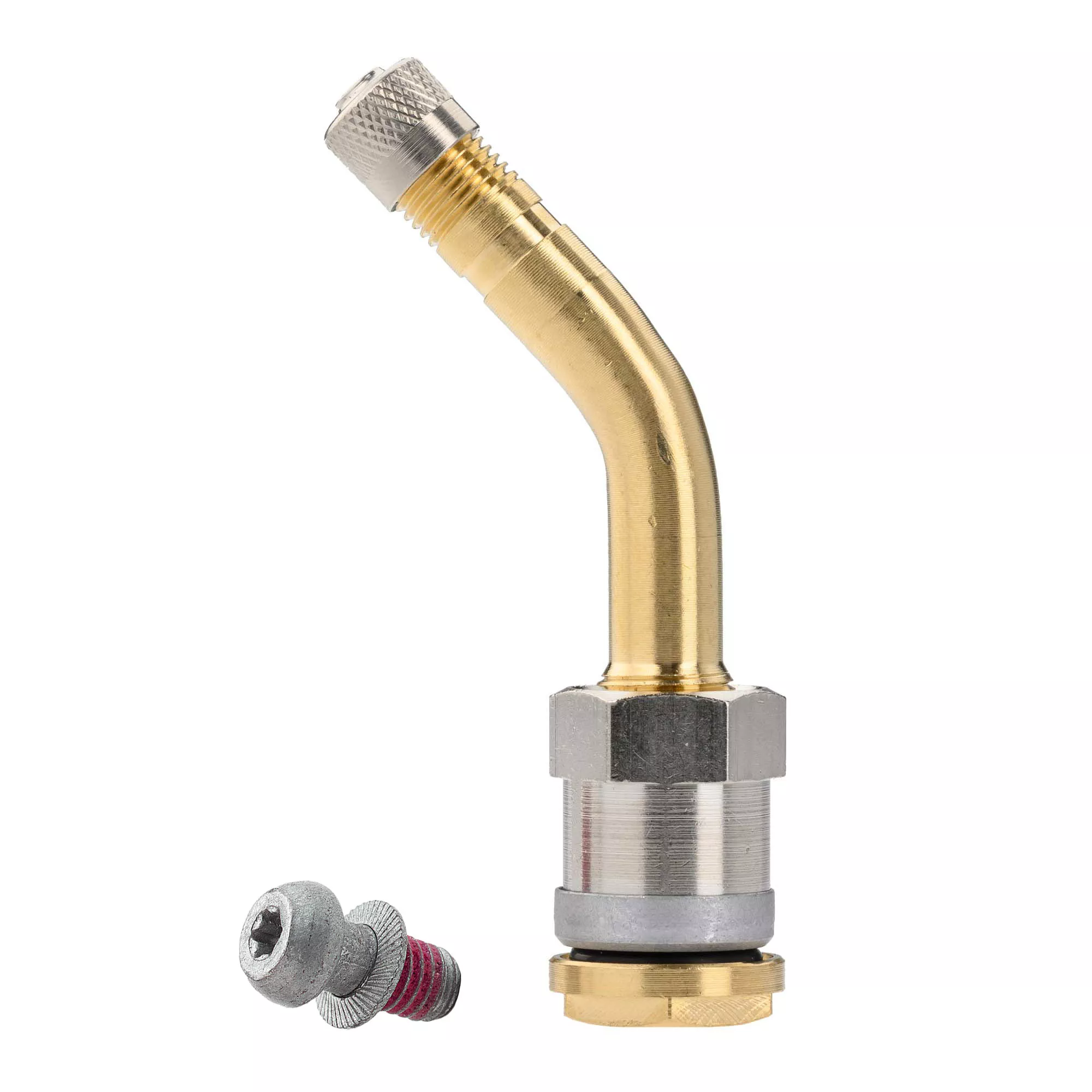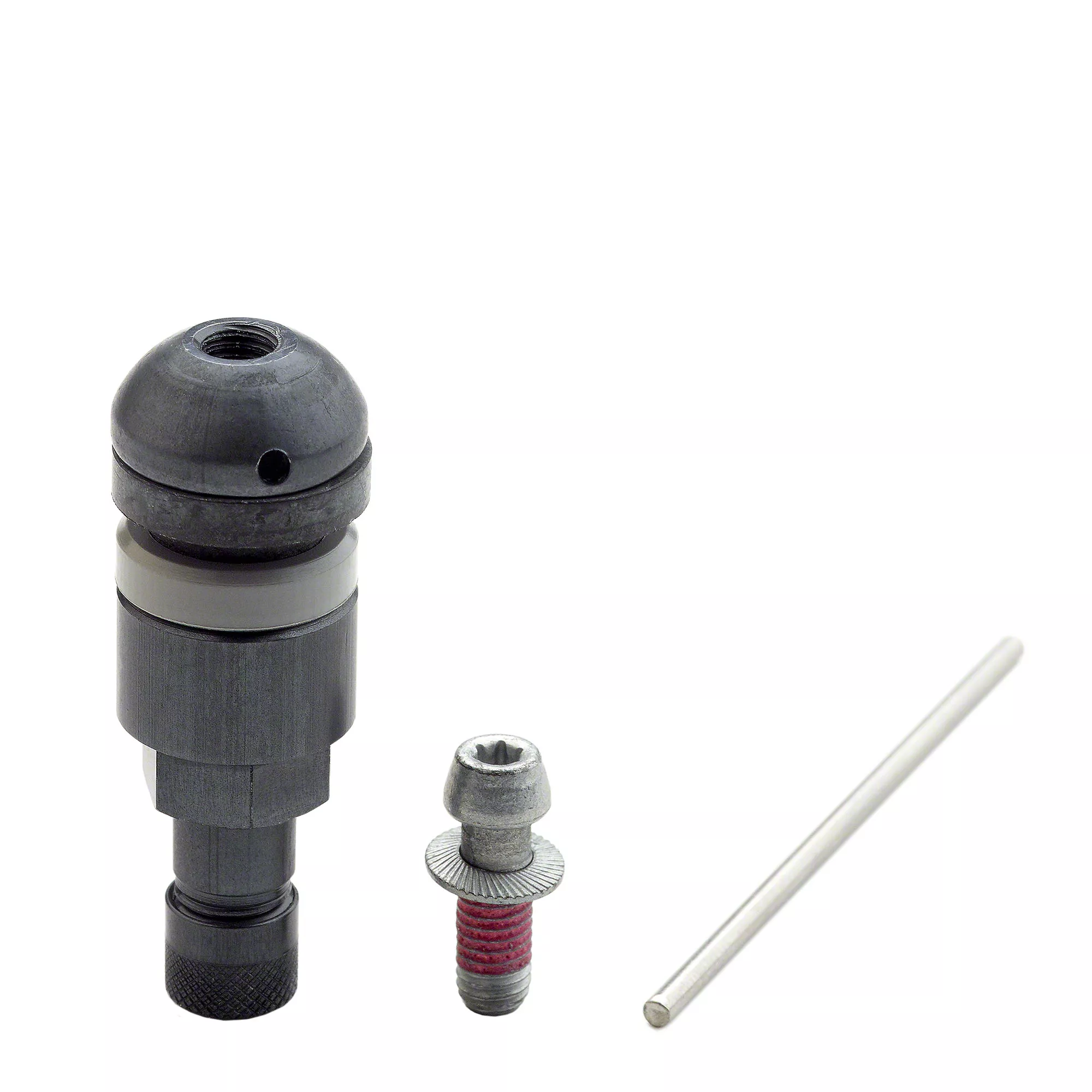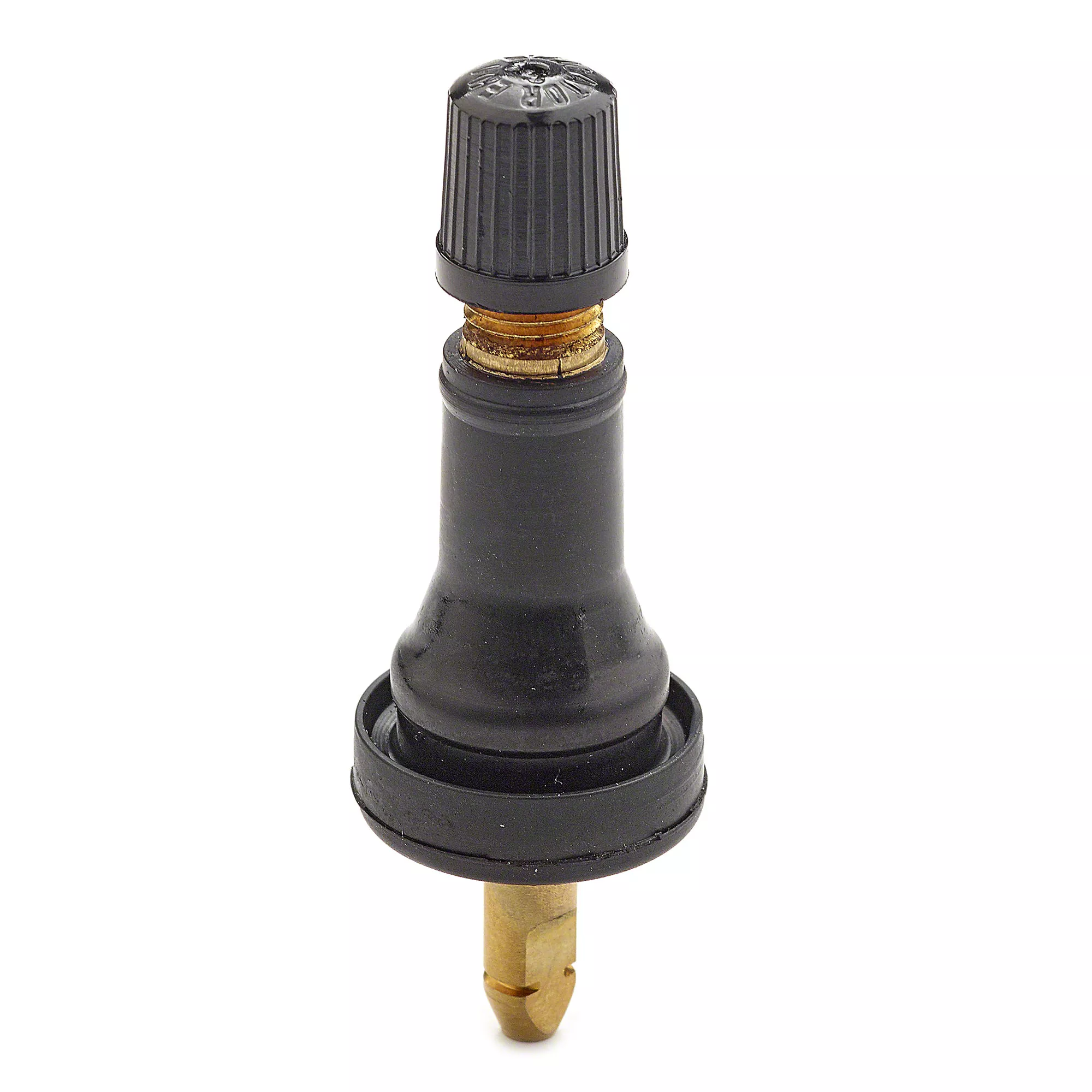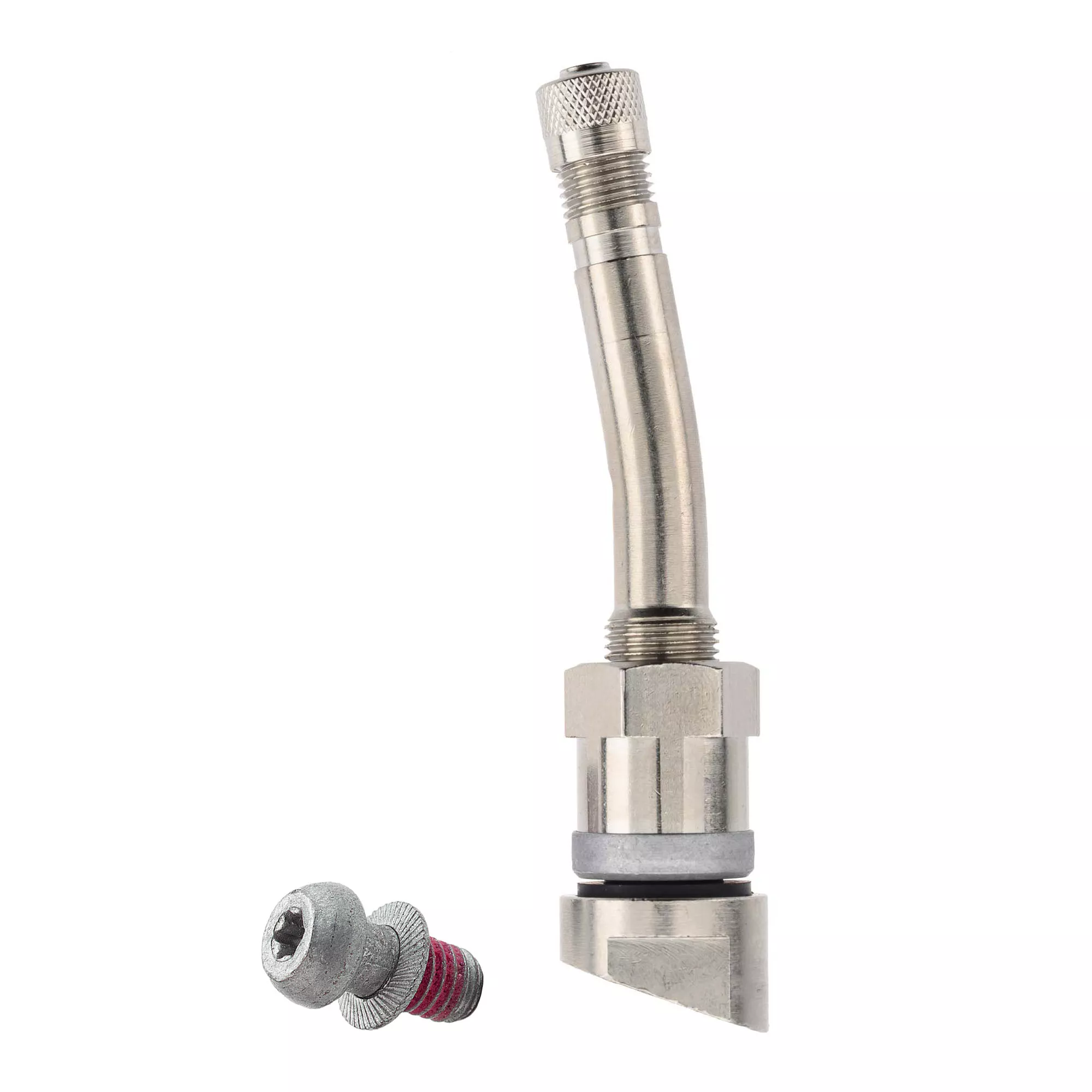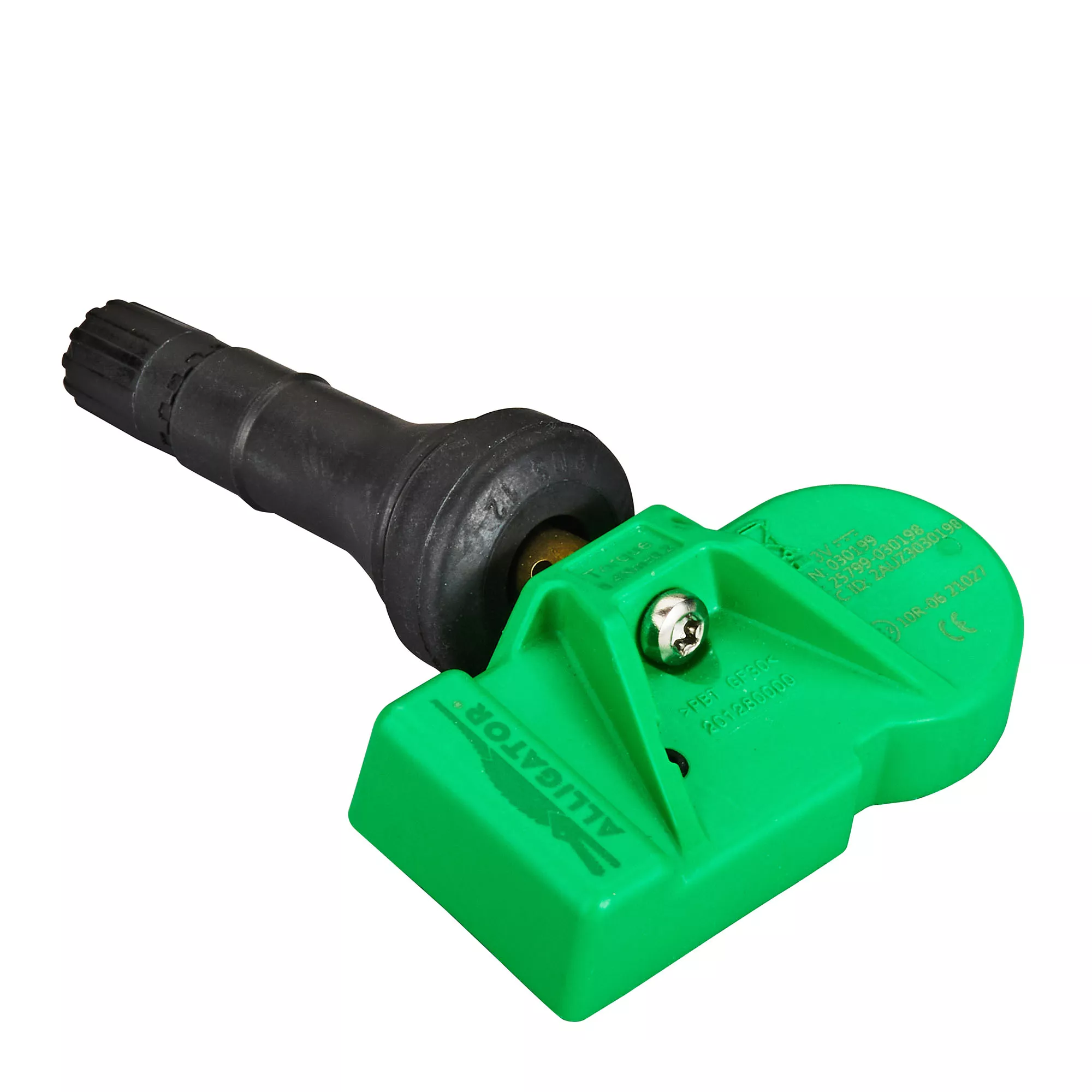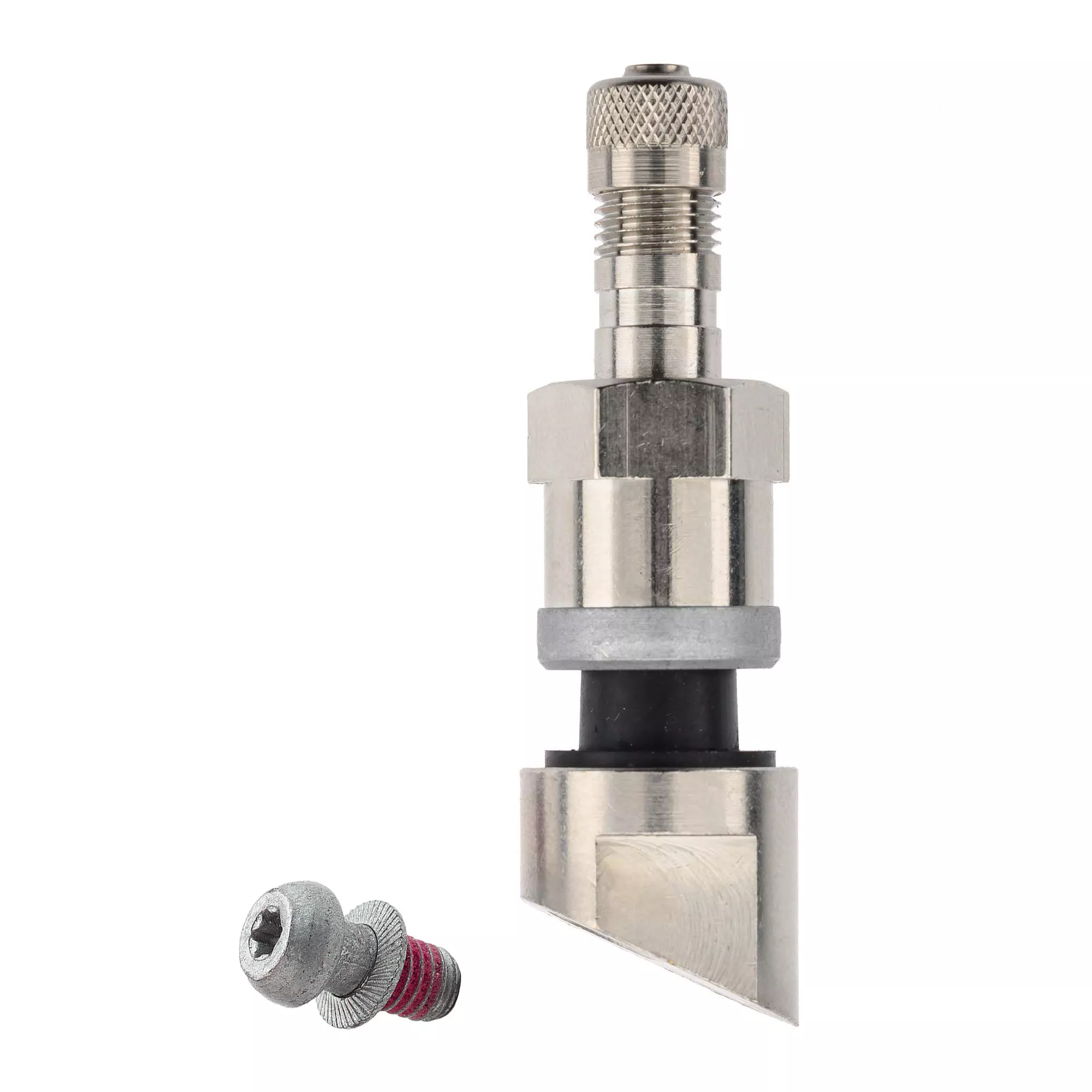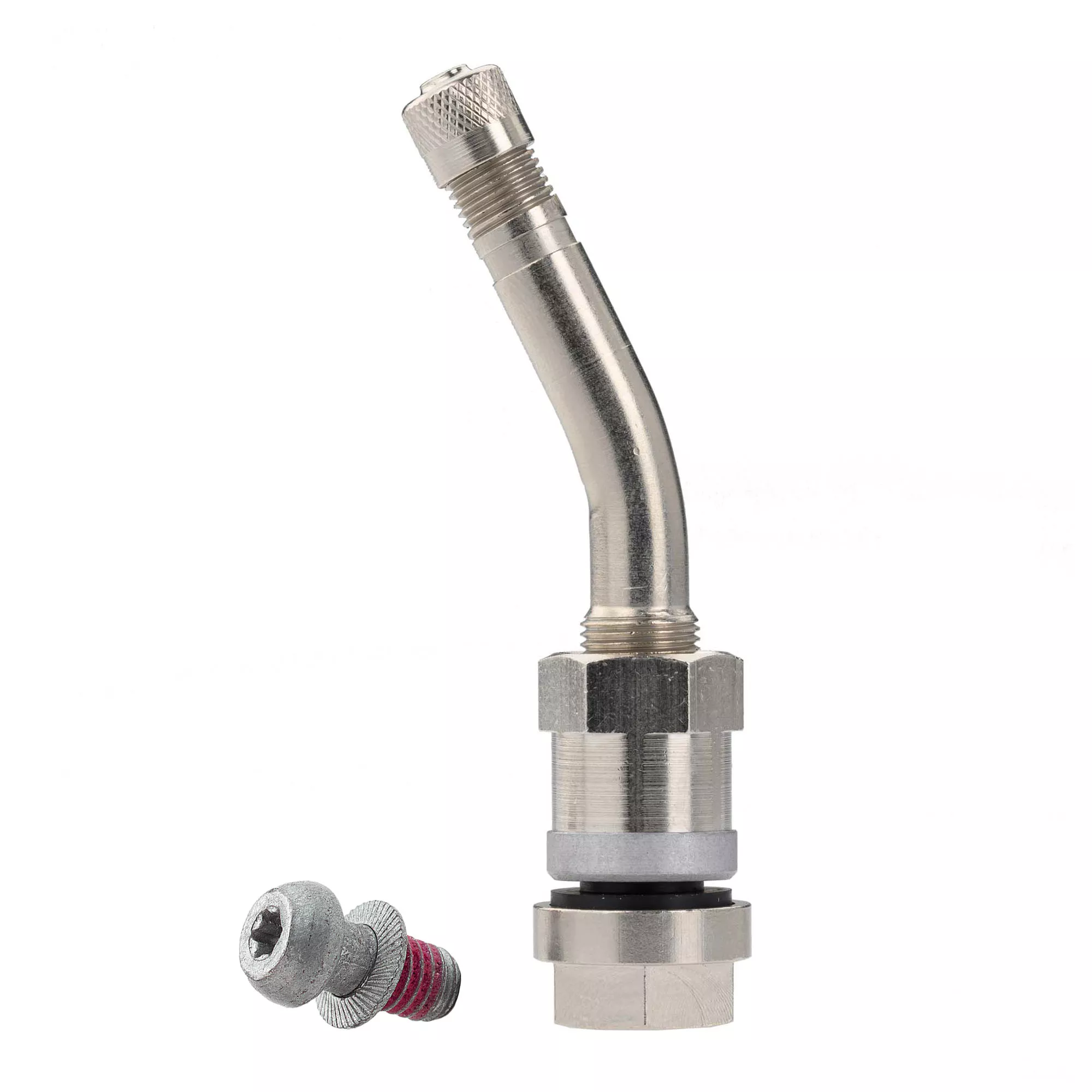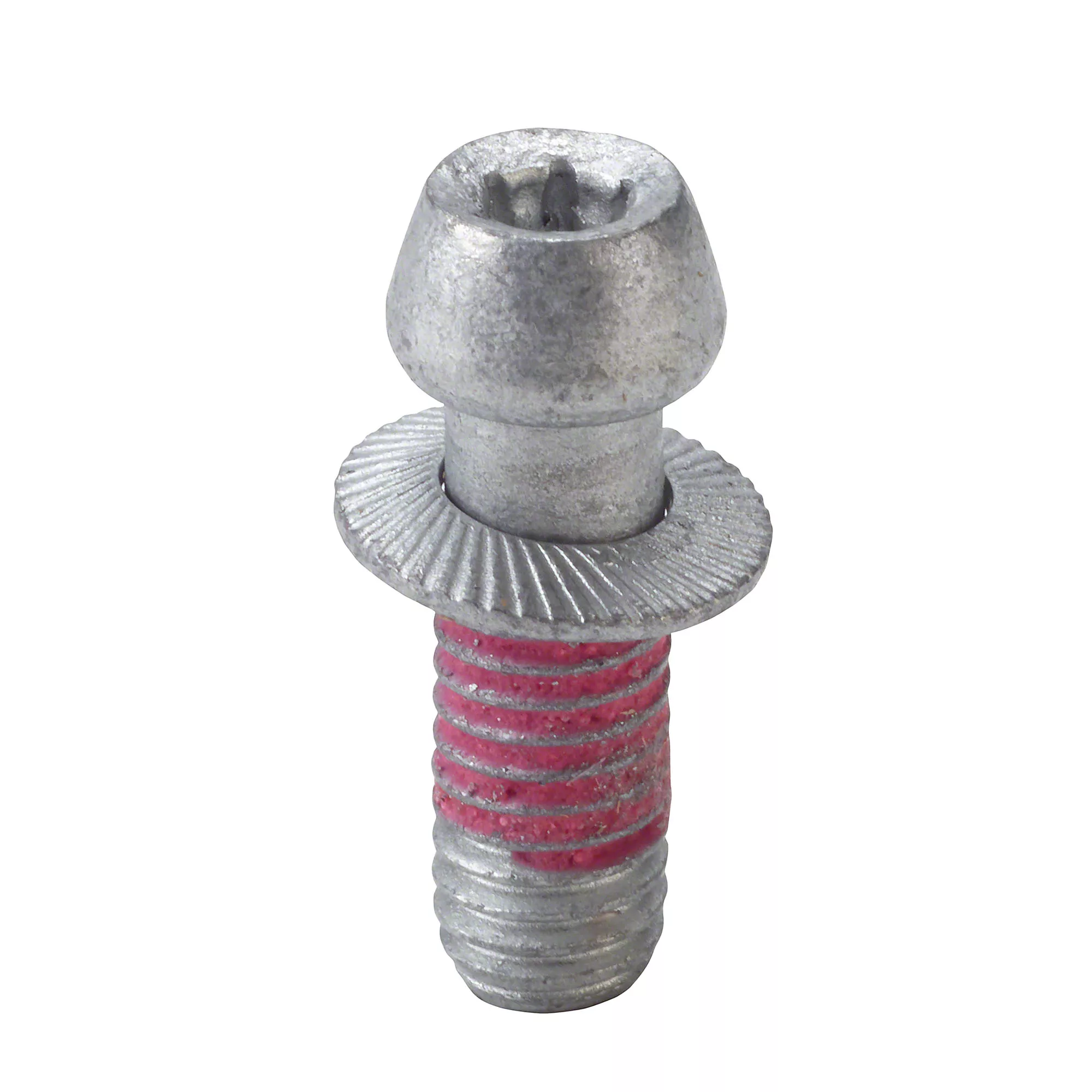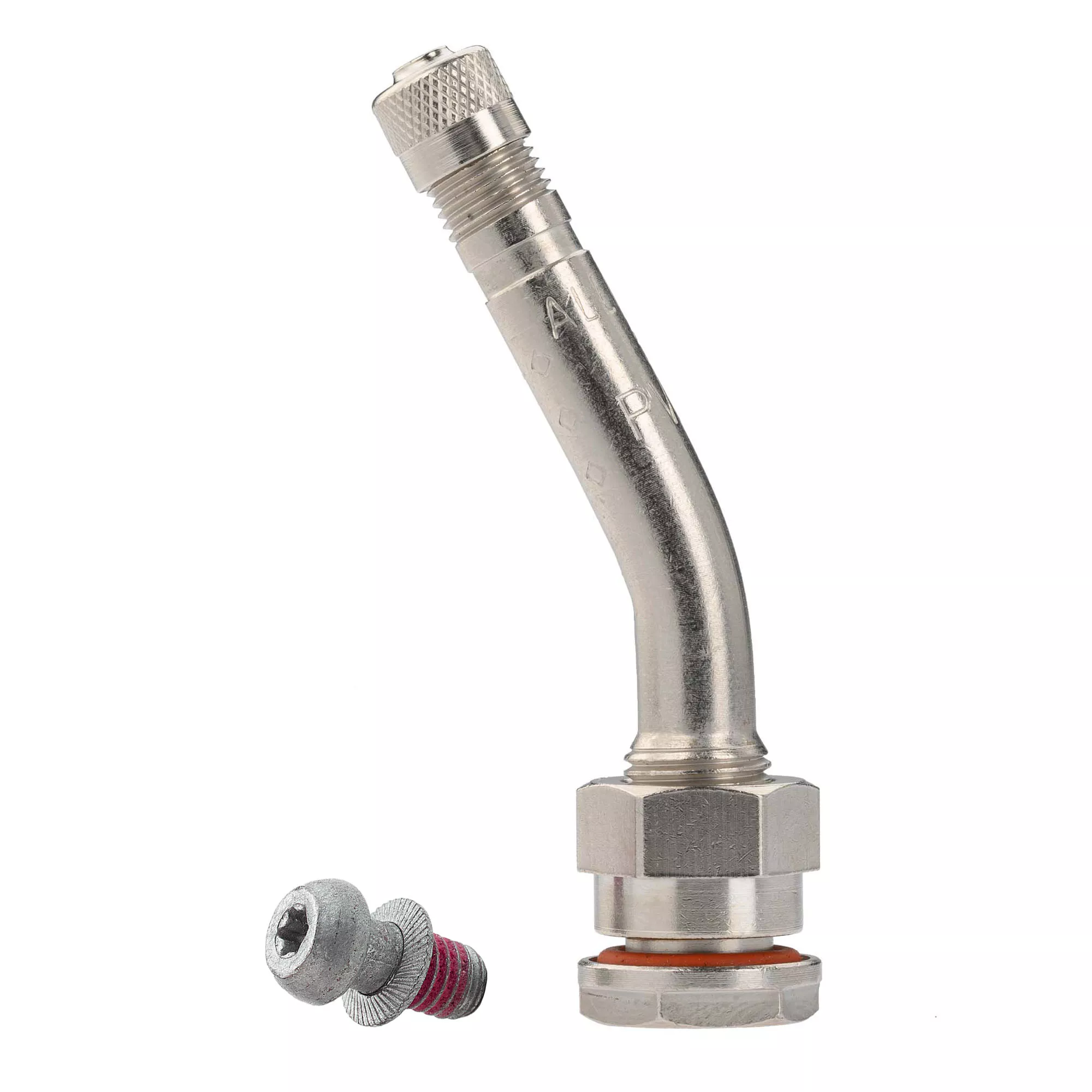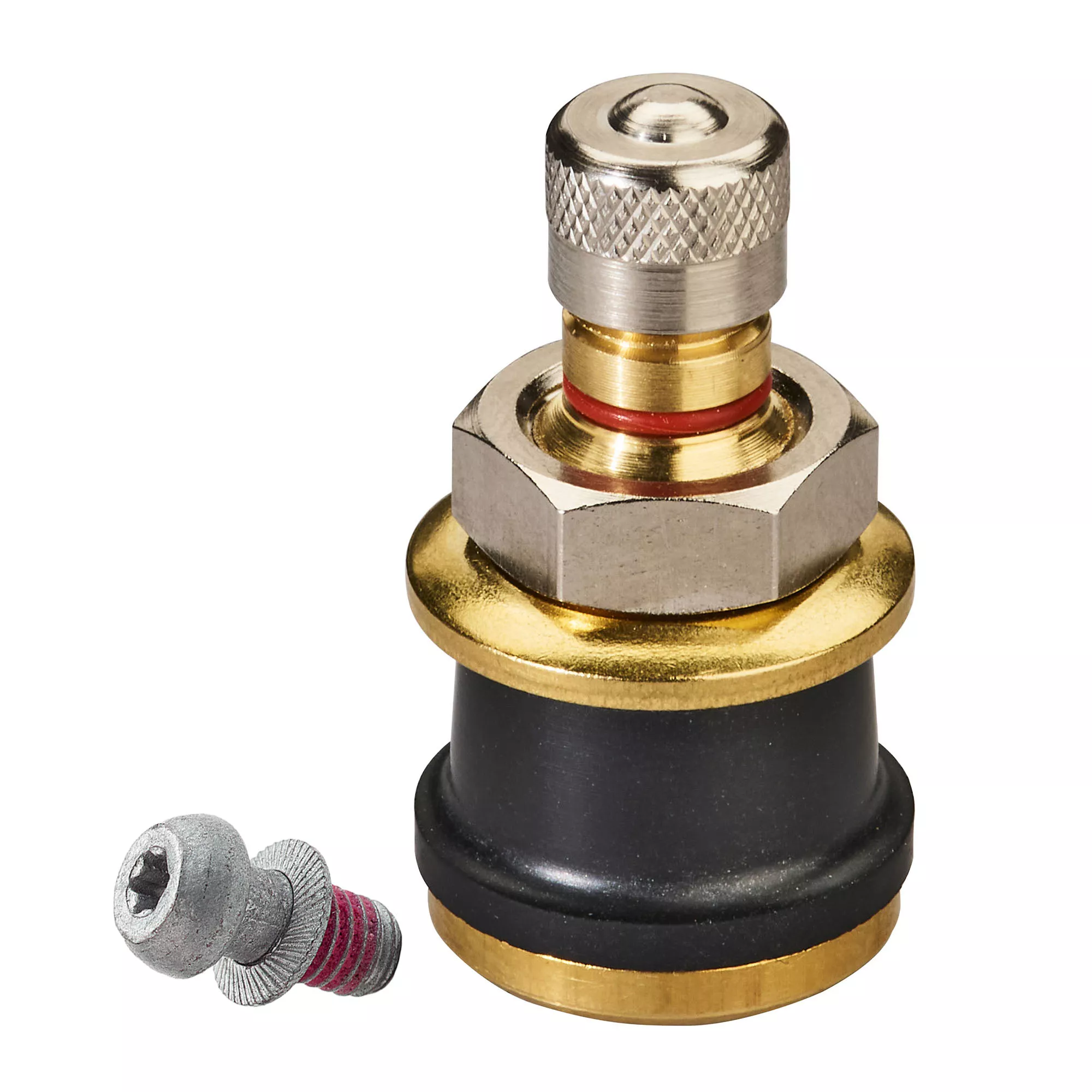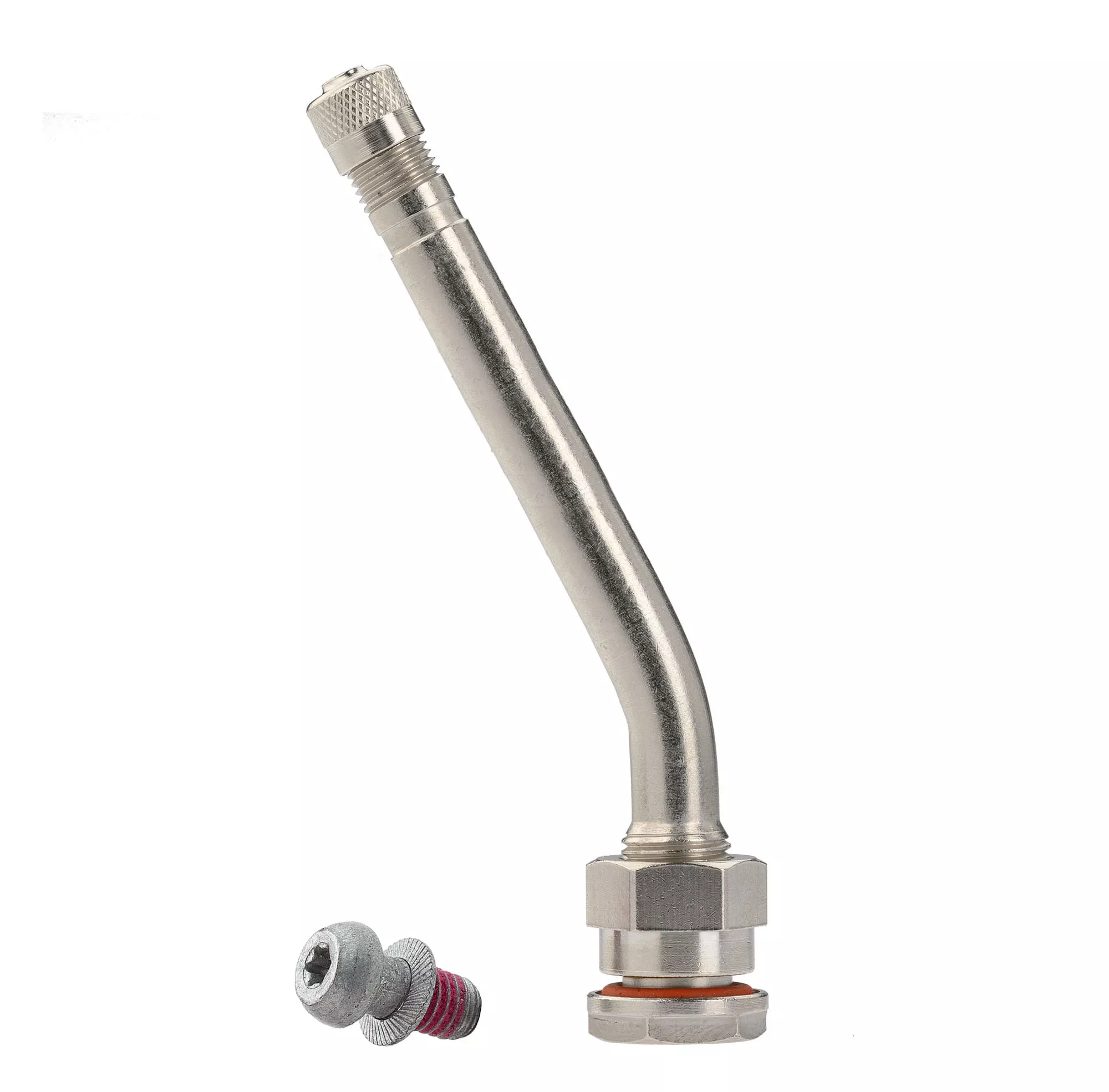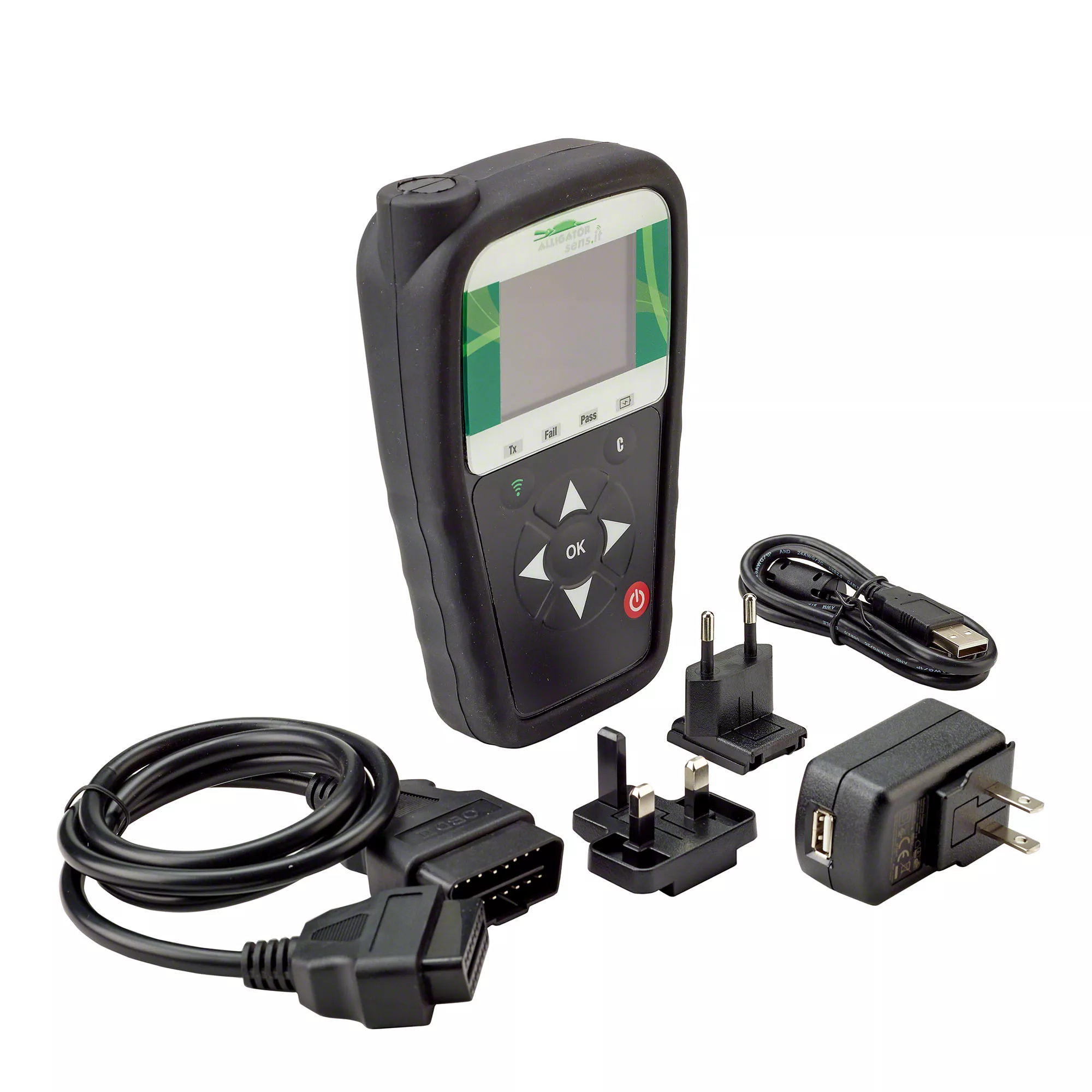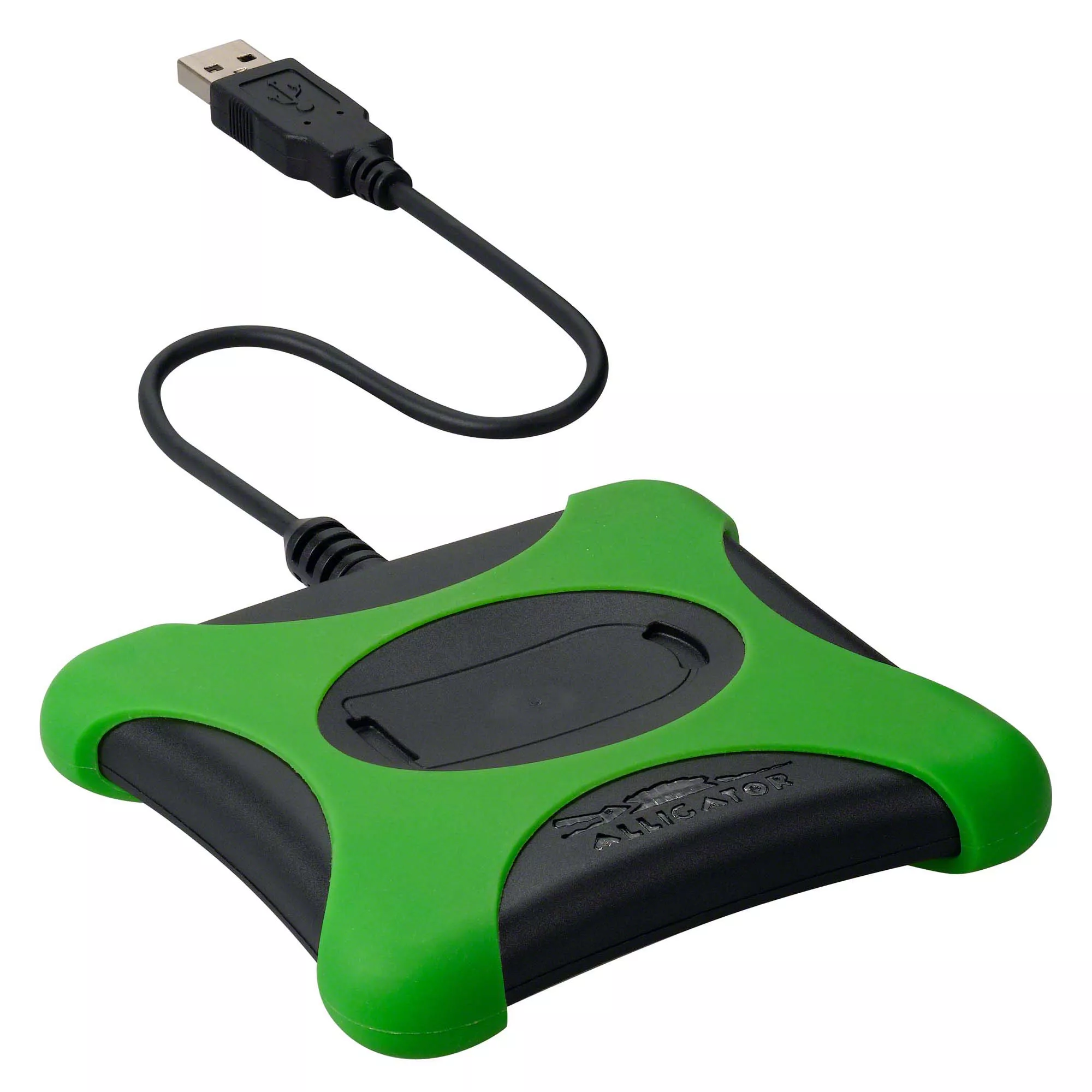FAQ Tyre Pressure Monitoring Systems
1. What are tyre pressure monitoring systems?
Tyre pressure monitoring systems (TPMS) monitor the pressure of the tyres while driving. If the air pressure drops, the driver is warned directly and can compensate the tyre pressure.
2. TPMS service life - how long does a sensor last?
The service life of the TPMS depends on the installed sensor battery. The typical service life of a sensor battery is 5 to 7 years (approx. 150,000 kilometres). If the battery of a sensor is defective, the entire sensor must be replaced, as batteries are installed with the sensor.
3. What are the advantages of correct tyre pressure?
With correct tyre pressure, the driver of the vehicle is safer on the road and can even minimise his fuel consumption. TPMS also minimise the risk of accidents due to a longer braking distance or pulling to the side when braking..
- Fuel consumption minimisation
- Reduced risk of accidents due to a shorter braking distance and no pulling to the side when braking
- Safety for the driver
4. What types of TPMS systems are there?
There are two types of tyre pressure monitoring systems in use today:
| Direct TPMS | Indirect TPMS |
|---|---|
| Tyre pressure data is collected directly via four proprietary pressure sensors attached to the valve that provide real-time data. | Tyre pressure is estimated via the ABS system. Drivers first have to drive long distances to detect a fault. |
| Very good data collection. | Somewhat less accurate than the direct TPMS because there is no indication of the exact air pressure. |
| There are additional functions such as tyre position detection and measurement of tyre pressure when stationary. | No additional functions offer less comfort. |
| Shows exactly what air pressure the individual tyres have via the display in the instrument panel. | Have only one warning light that can indicate different tyre pressure problems. |
TPMS assortment
Tyre pressure monitoring systems have been mandatory in all vehicles since 1 November 2012, and since 1 November 2014 newly registered vehicles must also have TPMS fitted. This RDKS obligation brings more safety to the roads: As soon as the tyre pressure of a vehicle drops, the driver is warned immediately and can correct the tyre pressure and prevent dangerous consequences. Ideal for this are our TPMS sensors, which provide broad vehicle coverage. From sensors to their maintenance, programming and fault diagnosis, we offer you the right equipment.
Sensors
Each manufacturer may use a different sensor type for the original equipment of the vehicles. Therefore, there are now more than 150 different sensor models on the market. The requirements at a glance:
- The sensors to be installed must be pre-programmed for the vehicle.
- Vehicle and sensor must be compatible, i.e. not every sensor can be installed in every vehicle.
- In the event of a sensor replacement or for winter tyres and spare tyres, there is the option of using original sensors or unprogrammed universal sensors.

Service Kits
Ideally, the valve should be serviced every time the tyre is changed,
to replace any defective wear parts such as nut, sealing ring, valve insert or valve cap. For this maintenance, we offer special service kits that contain the required spare parts. In our range you will also find a selection of TPMS valves for different vehicle types.
Programming and diagnostic devices
In order for universal sensors to function properly and transmit the correct tyre pressure data, they must be programmed for use in the respective vehicle. This requires programming devices. If problems with sensors occur, they can be identified using diagnostic tools. The devices communicate with the sensors via radio, allowing the fault to be read and displayed.


